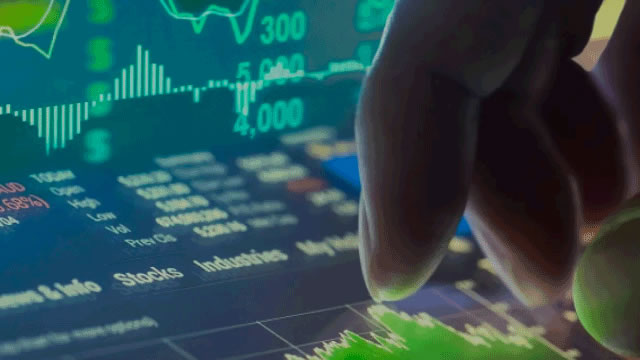The Pound New Zealand Dollar (GBP/NZD) exchange rate reaches new highs
Market Turmoil Sparks Rally in GBP/NZD
The Pound New Zealand Dollar (GBP/NZD) exchange rate has rallied to test highs of 2.22 overnight after Trump’s new tariffs sparked market turmoil. This unexpected turn of events has sent shockwaves through the financial world, causing uncertainty among investors.
At the time of writing, GBP/NZD is trading at around NZ$2.2133, still 0.55% up on Monday’s open. The surge in the exchange rate can be attributed to the heightened volatility in the market, as traders seek safe-haven currencies amid the escalating trade tensions.
How will this affect me?
For individuals and businesses with exposure to the GBP/NZD exchange rate, the recent rally can have significant implications. Those who have investments or conduct trade in the UK and New Zealand may experience fluctuations in the value of their assets and transactions.
It is essential to monitor the market closely and consider hedging strategies to mitigate potential risks associated with the volatile exchange rate. Seeking advice from financial experts can also help in navigating through uncertain times.
How will this affect the world?
The ripple effects of the GBP/NZD rally can extend beyond the two countries involved. Global financial markets are interconnected, and any significant movement in exchange rates can impact economies worldwide.
The uncertainty created by Trump’s new tariffs and the subsequent market turmoil highlights the fragility of the current economic landscape. It underscores the importance of fostering stable trade relations and finding diplomatic solutions to avoid further disruptions in the global market.
Conclusion
In conclusion, the rally in the Pound New Zealand Dollar exchange rate serves as a reminder of the volatility present in the financial markets. It emphasizes the need for caution and strategic planning in times of uncertainty. By staying informed and proactive, individuals and businesses can navigate through the challenges posed by the changing economic dynamics.





